What are Bitcoin debit cards?
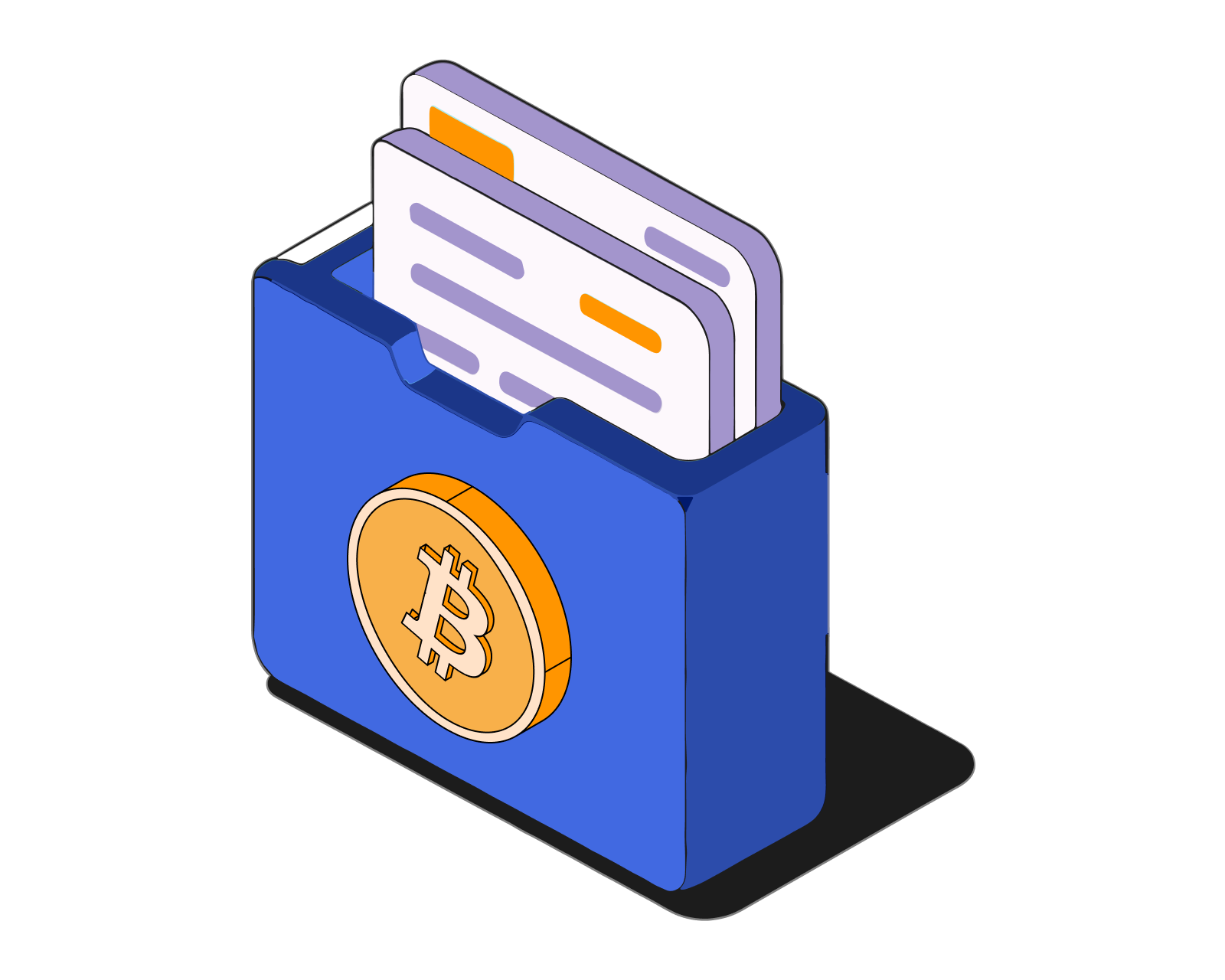
Table of Contents
- Isn't Bitcoin Supposed to Be Peer-to-Peer Cash? Why Would I Need a Credit Card?
- Bitcoin Layer-Two Solutions & Debit Cards
- How do Bitcoin debit cards work?
- What are the fees for Bitcoin debit cards?
- What's the difference between a virtual and physical Bitcoin debit card?
- How can I get a Bitcoin debit card?
- Are Bitcoin debit cards safe?
- Can I use a Bitcoin debit card internationally?
- How long does it take to receive a Bitcoin debit card?
- Learn More About Bitcoin Debit & Crypto Cards
Isn't Bitcoin Supposed to Be Peer-to-Peer Cash? Why Would I Need a Credit Card?
While Bitcoin enables people to transact peer-to-peer, this feature can only be taken advantage of within the network itself. If your local furniture store doesn't accept Bitcoin, you'll have to pay via another method! Further, Bitcoin (at least in its current state on 'layer one') isn't particularly useful as a medium of exchange for small-value items like your morning coffee or daily groceries. Why?
-
Transaction fees are often significantly higher than with traditional payment networks like Visa and Mastercard. Learn more about Bitcoin network fees.
-
Transaction times are significantly longer than with traditional payment networks. Depending on the fees paid and the current level of network congestion, it takes anywhere from a few minutes to an hour for most Bitcoin transactions to confirm. Learn more about how Bitcoin transactions work.
For these reasons, Bitcoin's use as a medium of exchange (on layer one) is currently restricted to higher-value items where transaction times and costs are less consequential-like buying a car, boat, or house.
Explore the best Bitcoin debit cards available today.
Bitcoin Layer-Two Solutions & Debit Cards
Bitcoin layer-two solutions like the Bitcoin Lightning Network solve these challenges by enabling 'off-chain' transactions. This is similar to how Visa/Mastercard networks function-allowing millions of small transactions to process quickly while final settlement occurs in large batches.
However, Lightning Network adoption is still low, and very few merchants accept it today. For now, Bitcoin debit cards help make BTC useful as a medium of exchange while layer-two solutions continue to develop.
Discover the best Bitcoin debit cards for seamless transactions.
How do Bitcoin debit cards work?
Bitcoin debit cards are like prepaid crypto credit cards. You can use them to make payments in person or online, just like any other credit or debit card. Simply enter your card details or swipe your card at checkout, and merchants receive cash in their local currency. Many Bitcoin debit cards also allow ATM cash withdrawals.
The two methods for funding Bitcoin debit cards are:
- Preloaded funds – Convert Bitcoin into cash upfront and load it onto your card.
- Auto-conversion – Link your BTC wallet so each transaction automatically converts Bitcoin to cash at the time of purchase.
Looking for a no-KYC option? Check out the best anonymous Bitcoin debit cards.
Are you a SOL holder? Use the Solana Crypto Card to spend SOL anywhere.
What are the fees for Bitcoin debit cards?
Depending on the provider, your Bitcoin debit card may or may not have an annual fee. You may also be charged a small fee each time you convert Bitcoin to cash.
Want to offset fees? Maximize your spending with cashback crypto cards.
Looking for even more benefits? Check out the best crypto rewards cards to earn while you spend.
What's the difference between a virtual and physical Bitcoin debit card?
With virtual Bitcoin debit cards, you're restricted to making purchases online. Physical Bitcoin debit cards can be used both online and in person at any merchant that accepts the credit card type (eg. Visa or Mastercard).
Explore the best virtual Bitcoin debit cards for online purchases.
How can I get a Bitcoin debit card?
Since Bitcoin debit cards are offered by registered businesses, you'll need to provide identity documents in order to be approved. This isn't a credit check, but rather a requirement for compliance with anti-money laundering regulations. Each Bitcoin debit card provider can only offer its card in the specific regions it has obtained the required license.
Prefer a no-KYC option? Check out the best anonymous Bitcoin debit cards.
Are Bitcoin debit cards safe?
Yes, Bitcoin debit cards are generally safe to use. They come with security features like PIN codes and two-factor authentication to protect your funds.
Can I use a Bitcoin debit card internationally?
Most Bitcoin debit cards can be used internationally wherever the card network (Visa or Mastercard) is accepted.
Discover the best VISA Bitcoin debit cards for seamless global transactions.
Explore top Mastercard Bitcoin debit cards for worldwide spending flexibility.
How long does it take to receive a Bitcoin debit card?
The delivery time varies by provider, but it typically takes 1-2 weeks for a physical card to arrive.
Learn More About Bitcoin Debit & Crypto Cards
Bitcoin debit cards are just one way to spend Bitcoin and other digital assets easily. Explore different types of crypto cards:
-
Crypto credit cards – Earn rewards while spending.
-
Prepaid crypto cards – Spend without linking a bank account.
-
Crypto gift cards – Convert Bitcoin into a convenient gift.
-
Web3 crypto cards – Spend digital assets in the decentralized economy.
Related guides
Start from here →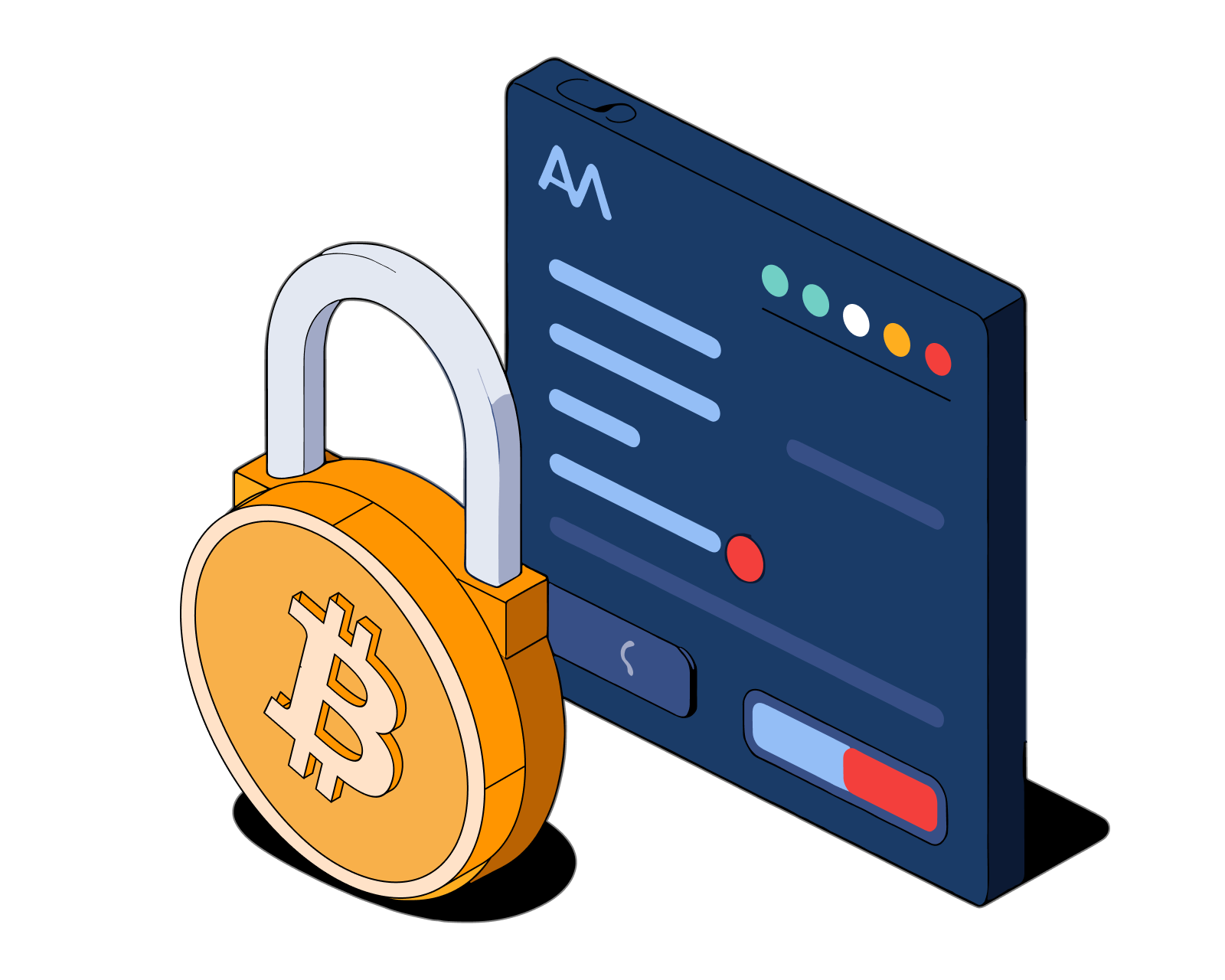
How do I create a Bitcoin wallet?
Learn how to quickly and easily create a Bitcoin wallet. Understand the different wallet types and their respective pros & cons.

How do I create a Bitcoin wallet?
Learn how to quickly and easily create a Bitcoin wallet. Understand the different wallet types and their respective pros & cons.

What's a 'self-custodial' wallet?
Understand how the self-custodial model puts you in charge of your cryptoassets and protects you from third-party risk.

What's a 'self-custodial' wallet?
Understand how the self-custodial model puts you in charge of your cryptoassets and protects you from third-party risk.
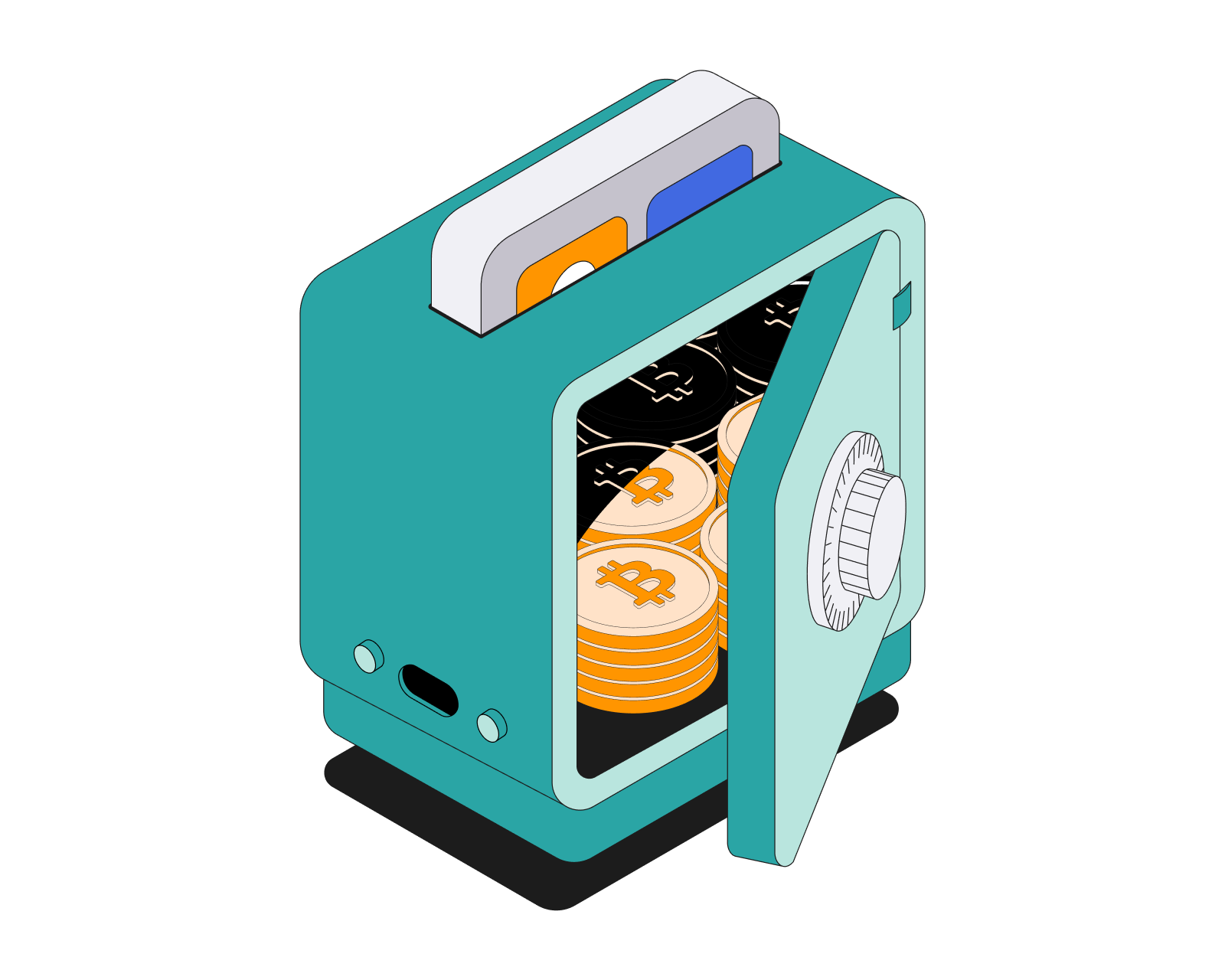
How do I keep my cryptoassets safe?
Make sure your cryptoassets are safe with these simple tips.

How do I keep my cryptoassets safe?
Make sure your cryptoassets are safe with these simple tips.
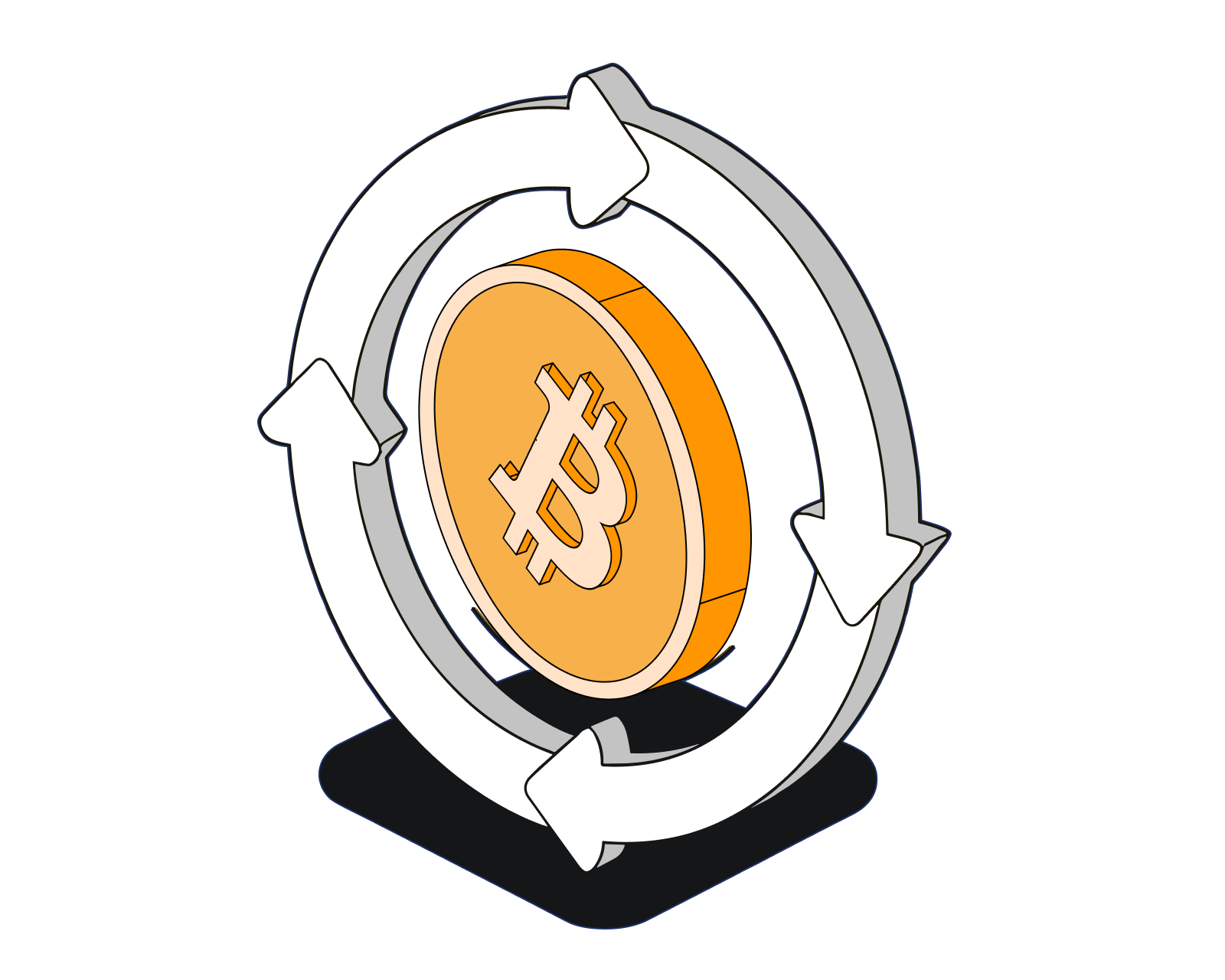
How does bitcoin exchange work?
How safe is it to store your crypto on centralized exchanges?

How does bitcoin exchange work?
How safe is it to store your crypto on centralized exchanges?
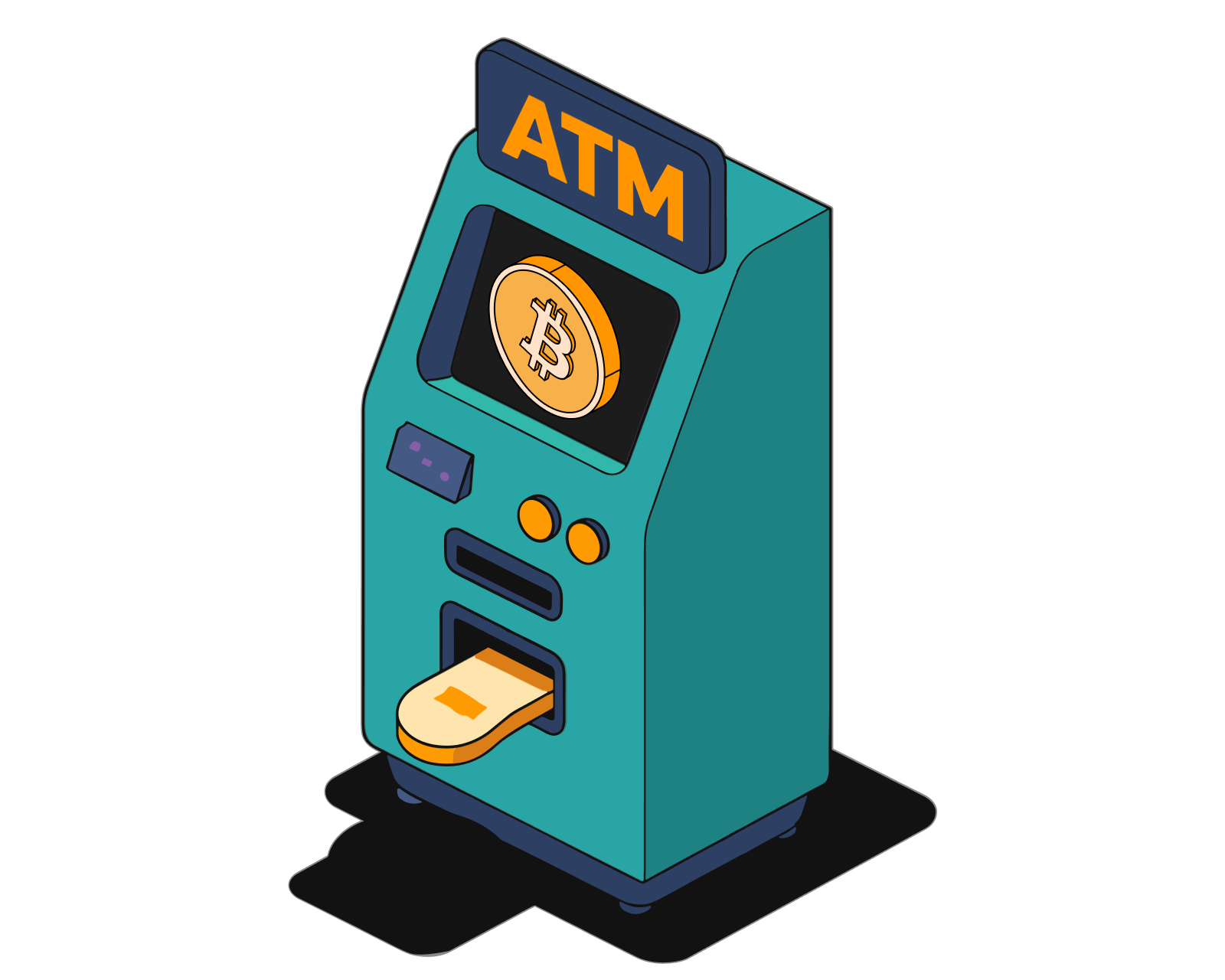
Crypto Tax Guide 2026
From Bitcoin to DeFi, NFTs, and staking rewards, every crypto transaction can create tax obligations. This guide explains global crypto tax rules, taxable events, and strategies to reduce liabilities.

Crypto Tax Guide 2026
From Bitcoin to DeFi, NFTs, and staking rewards, every crypto transaction can create tax obligations. This guide explains global crypto tax rules, taxable events, and strategies to reduce liabilities.
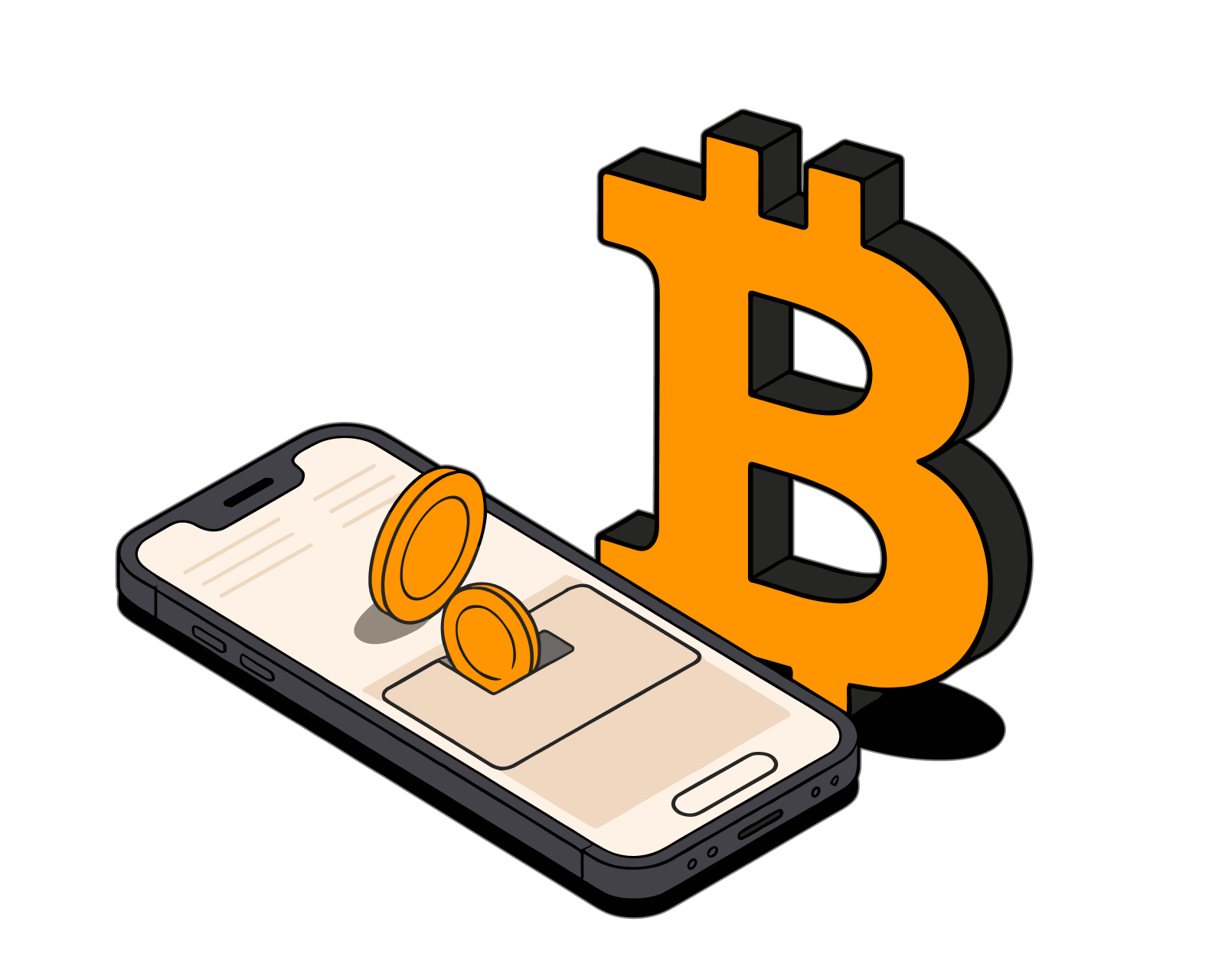
How do I buy Bitcoin?
A beginner-friendly guide to buying Bitcoin step by step, with simple explanations and common options.

How do I buy Bitcoin?
A beginner-friendly guide to buying Bitcoin step by step, with simple explanations and common options.
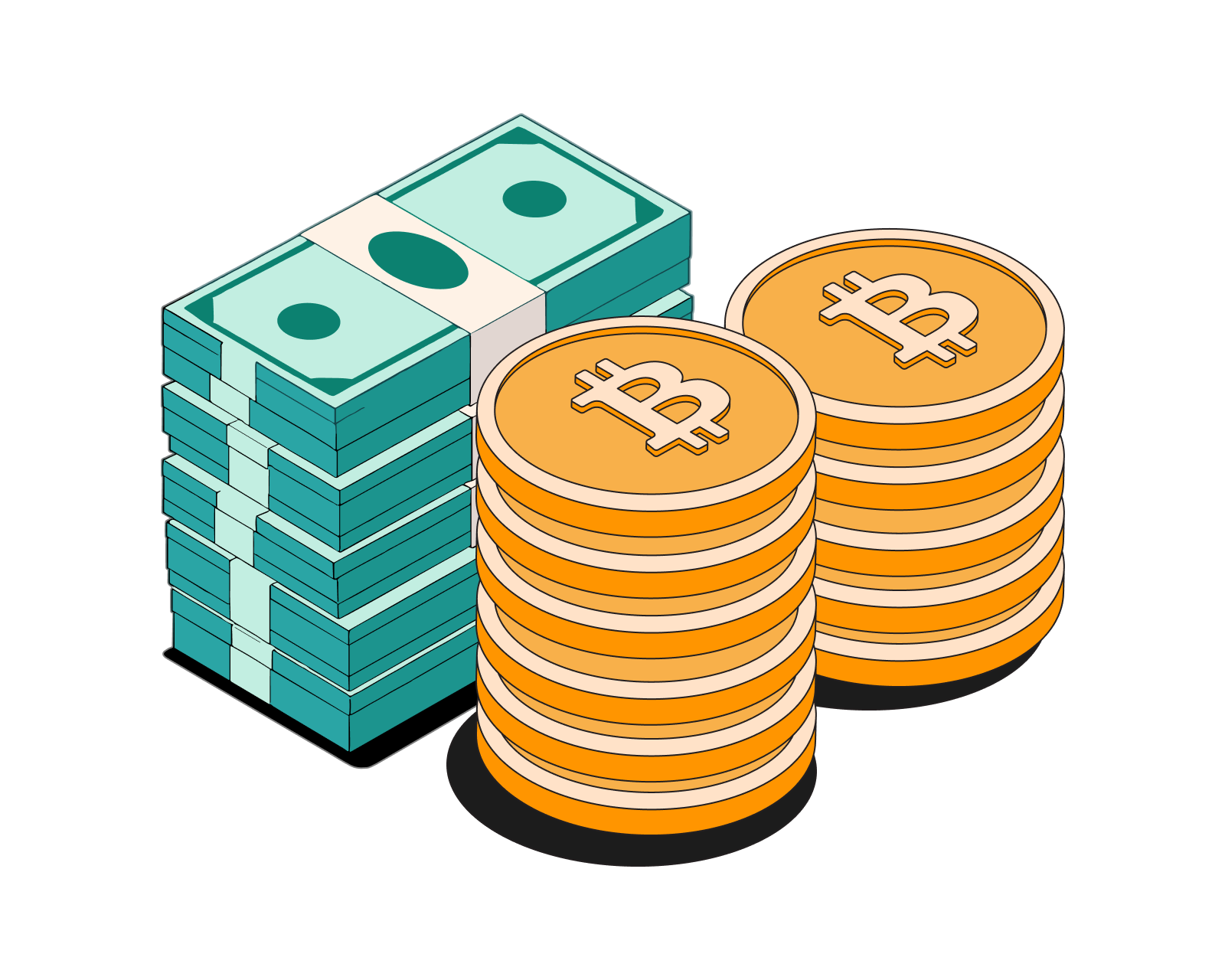
How do I sell bitcoin?
Learn how to sell bitcoin into local currency safely.

How do I sell bitcoin?
Learn how to sell bitcoin into local currency safely.
STAY AHEAD IN CRYPTO
Stay ahead in crypto with our weekly newsletter delivering the insights that matter most
Weekly crypto news, curated for you
Actionable insights and educational tips
Updates on products fueling economic freedom
No spam. Unsubscribe anytime.
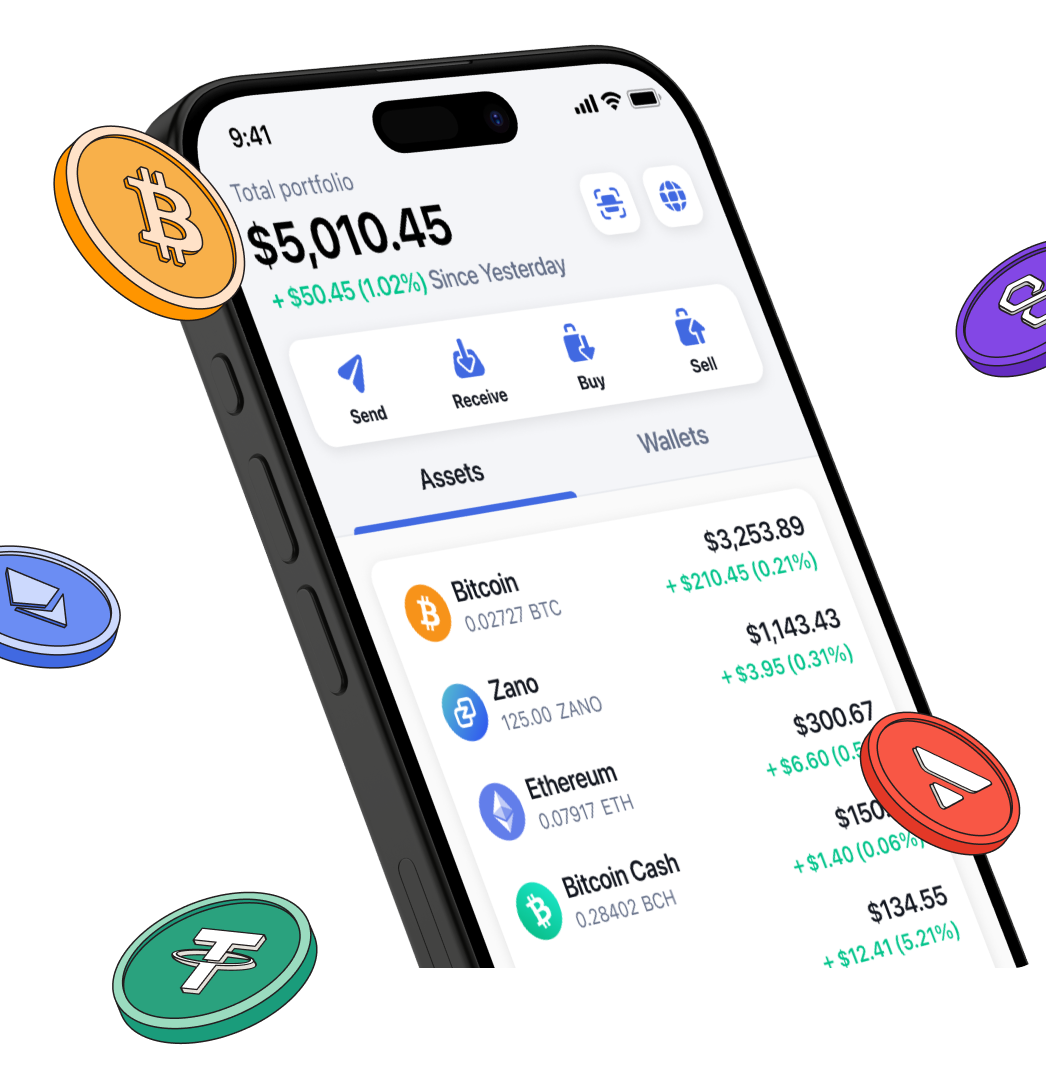
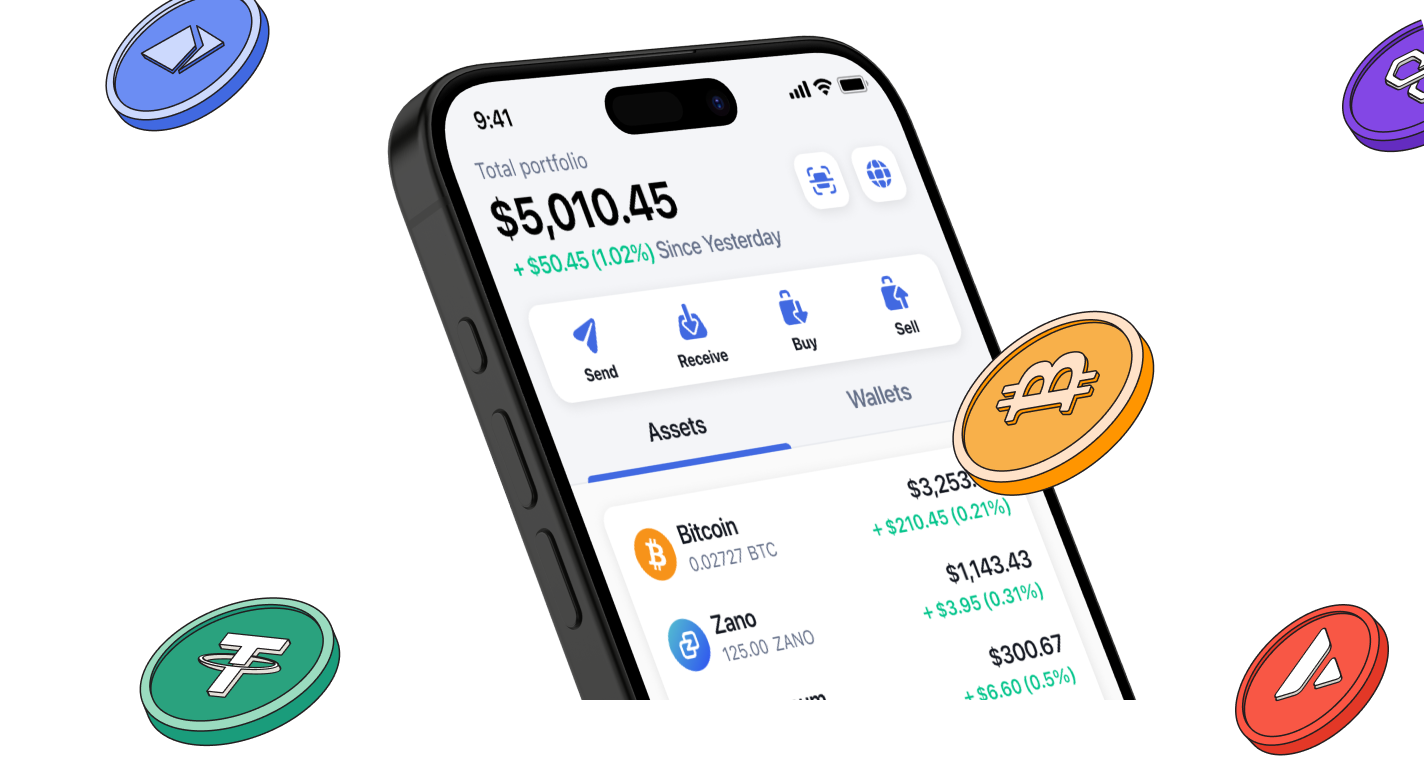
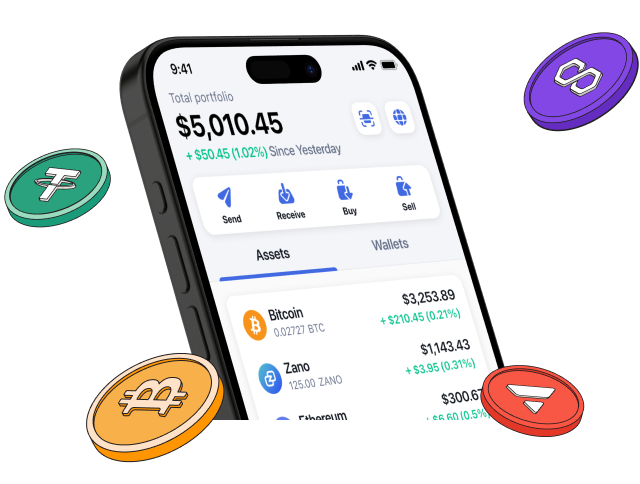
Start investing safely with the Bitcoin.com Wallet
Over wallets created so far
Everything you need to buy, sell, trade, and invest your Bitcoin and cryptocurrency securely

© 2026 Saint Bitts LLC Bitcoin.com. All rights reserved


